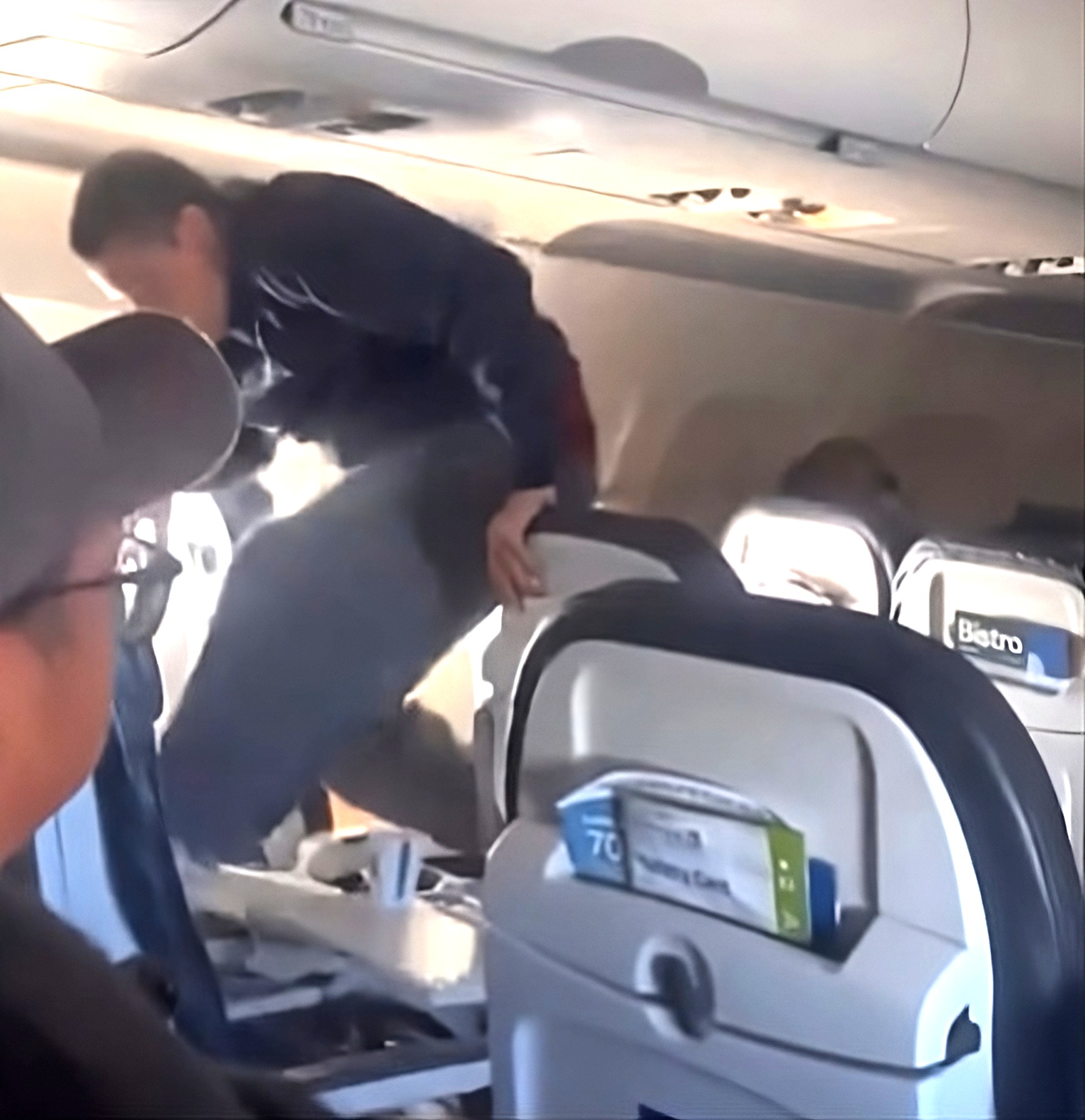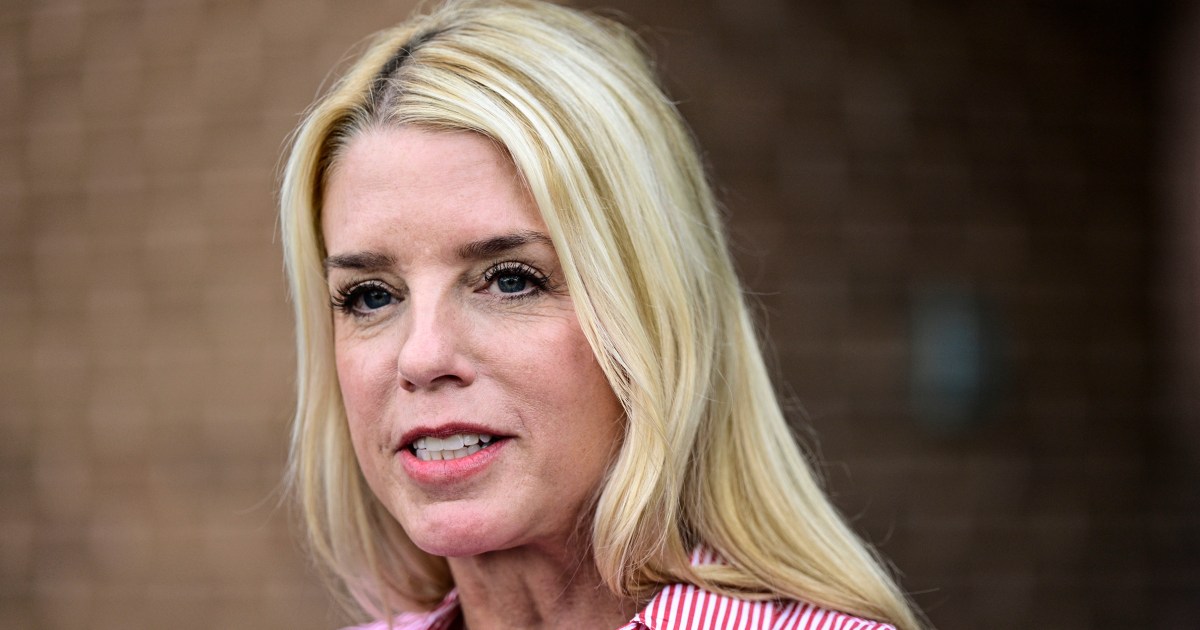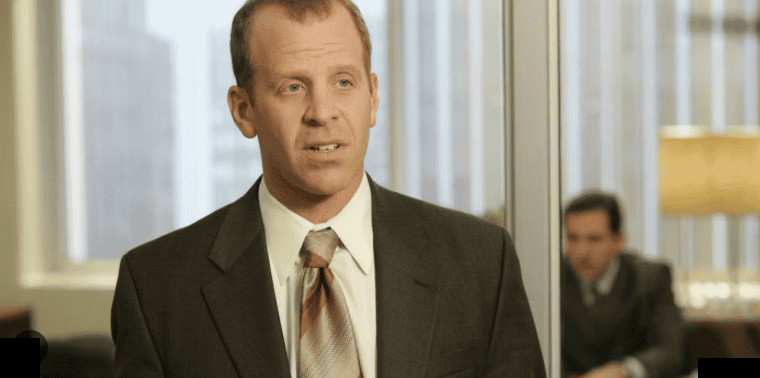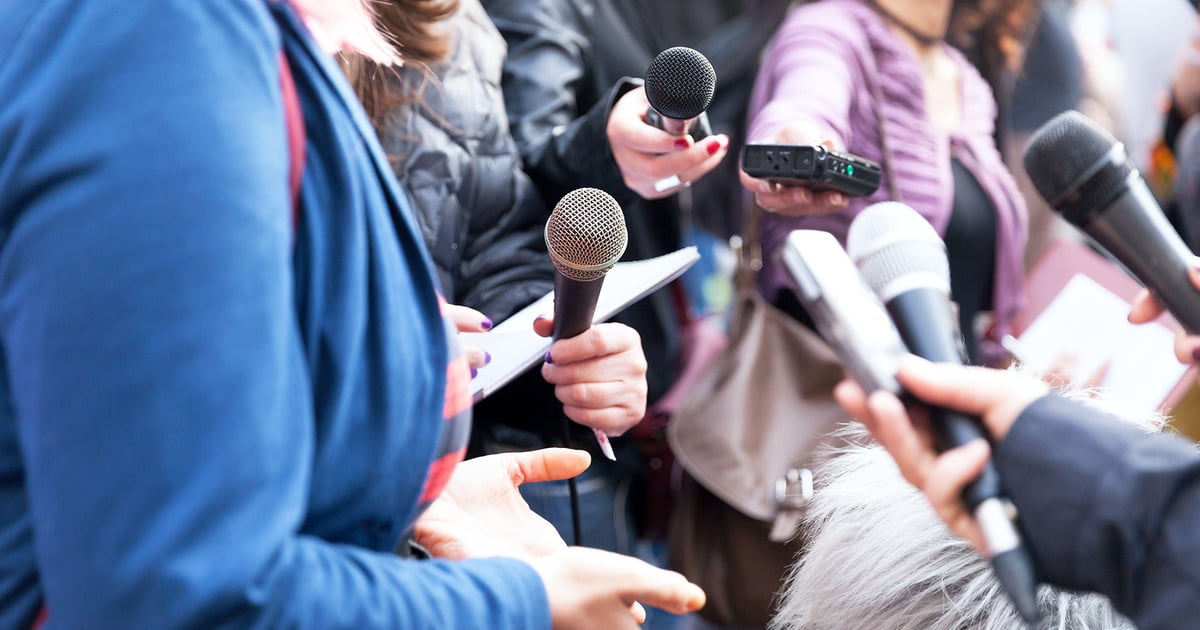‘Chain the customers’
It’s probably not a coincidence that Hurst & Son accelerated its acquisitions of mobile home communities during the COVID-19 pandemic, according to Victoria O’Banion of the Northwest Cooperative Development Center, a nonprofit that helps residents of manufactured housing communities form cooperatives so they can purchase their parks.
When the nation went into quarantine, Washington and some other states instated temporary eviction moratoriums. A lot of tenants in apartments and “stickbuilt” houses simply stopped paying their rent in states with moratoriums, but people in mobile home parks, who had more at stake, kept paying their lot rent.
“Everyone knew that the moratoriums were not going to continue forever and at a certain point all of that money would be owed to a landowner,” O’Banion said. “If you own your home, the last thing you want is for your home to disappear.”
The federal government also offered billions in emergency rental assistance, passed down through local agencies and nonprofits to landlords with struggling tenants. Those disbursements are not always public, but Cascade PBS found Hurst received at least $220,000 through such programs in Washington. The real total was likely much higher.
Hedge funds and private equity funds like Blackstone Group, Apollo Global Management and Stockbridge Capital Group, alongside smaller regional real estate companies like Hurst & Son, had already been quietly building portfolios of mobile home communities for about 10 years. Institutional investors like the pension fund for Pennsylvania public school teachers and the government of Singapore have also increasingly invested in mobile home housing.
The pandemic triggered a rush on mobile parks. Investors began hounding “mom and pop” park operators all over the U.S. and Canada to sell. Many longtime owners knew they faced expensive infrastructure repairs or wanted to retire, often making the investors’ offers too good to turn down. The competition drove prices up dramatically, but by then many buyers had realized mobile home parks could still turn higher profits than other types of rental housing.
This was due in no small part to Frank Rolfe and Dave Reynolds, two mobile home park impresarios who founded Mobile Home University, which teaches aspiring park owners how to strike it rich during three-day “boot camps.” Their business model hinges on one simple fact: Because most mobile homes are costly and difficult, if not impossible, to move and their owners do not want to abandon them, the owners have little choice but to pay up when the landlord raises the rent.
“I don’t know of any other business that has this level of control over the customer,” Reynolds said in an internal publication about the history of the company. “Can you imagine a restaurant that has the legal right to chain the customers to the booth so they can never eat anywhere else, and raise the prices on the menu whenever they like?”
Reynolds and Rolfe advise owners to raise rents early and often; eliminate anything that could be a source of liability or require costly upkeep; make tenants pay for utilities and other operating expenses; and raise additional revenue by charging for things like parking and guests, imposing new rules and fining residents for breaking them, and buying out or evicting people who don’t pay so that their homes can be resold for a profit — all things that residents of many other corporate-owned parks around the U.S. have complained about.
By 2020, Hurst was just one of many investors seeking to buy up Washington properties.
“Parks were being bought sight-unseen, all cash, a million dollars over asking,” O’Banion recalled. “It just became this very competitive bidding war. Actually, that hasn’t stopped.”
Amid the pandemic, Hurst requested federal relief aid and received a loan of approximately $185,000 from the Paycheck Protection Program for struggling small businesses. Nearly all PPP loans were forgiven. Federal data indicates the company also received about $30,000 in other economic relief loans in 2020.
That same year, records show Hurst spent almost $36 million for the 11 parks it acquired.















